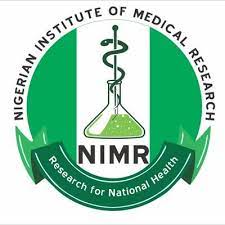The Nigeria Institute of Medical Research (NIMR) says it has discovered a new malaria vector named Anopheles stephensi in northern Nigeria.
According to Wikipedia, Anopheles stephensi is a primary mosquito vector of malaria in urban India and is included in the same subgenus as Anopheles gambiae, the primary malaria vector in Africa.
It is a highly competent vector of Plasmodium Falciparum and P. Vivax, considered an efficient vector of urban malaria.
The Anopheles stephensi mosquito has long since been considered an Asian malaria vector. It is native to parts of South-East Asia and parts of the Arabian Peninsula
Director General of the Institute, Professor Babatunde Salako, told newsmen in Lagos during his 63rd birthday ceremony on Monday night that the discovery was one of the institute’s recent research discoveries.
The vector, according to him, spreads malaria called plasmodium falciparum.
He described the vector as a rugged one that is very difficult to eradicate.
“This has implication for malaria control in Nigeria because hitherto, the vector was known in West Africa sub-region,” he said.
Professor Salako further disclosed that the Institute is currently looking at vaccine development as a lot of studies have been done. According to him, the institute is working with five groups in a consortium to develop local vaccines in Nigeria.
He explained that development of vaccine, which the institute is into, is different from vaccine production.
The idea behind the vaccine development, he said, is to ensure that Nigerian researchers are able to learn the development process from the beginning to the end.
“This is important so that when we have a new epidemic or disease, known or unknown, it would be possible for Nigeria to develop its own vaccine,” Salako added.
He further disclosed that the institute is working on testing 2,000 people in Nigeria with a view to knowing whether the three COVID-19 vaccines evoked a response or not and also also to know how long it can be effective in their bodies.
“The essence of this is to know the effectiveness, side effects and responsiveness of human body to COVID-19 vaccines,” he said.

 Join Daily Trust WhatsApp Community For Quick Access To News and Happenings Around You.
Join Daily Trust WhatsApp Community For Quick Access To News and Happenings Around You.


